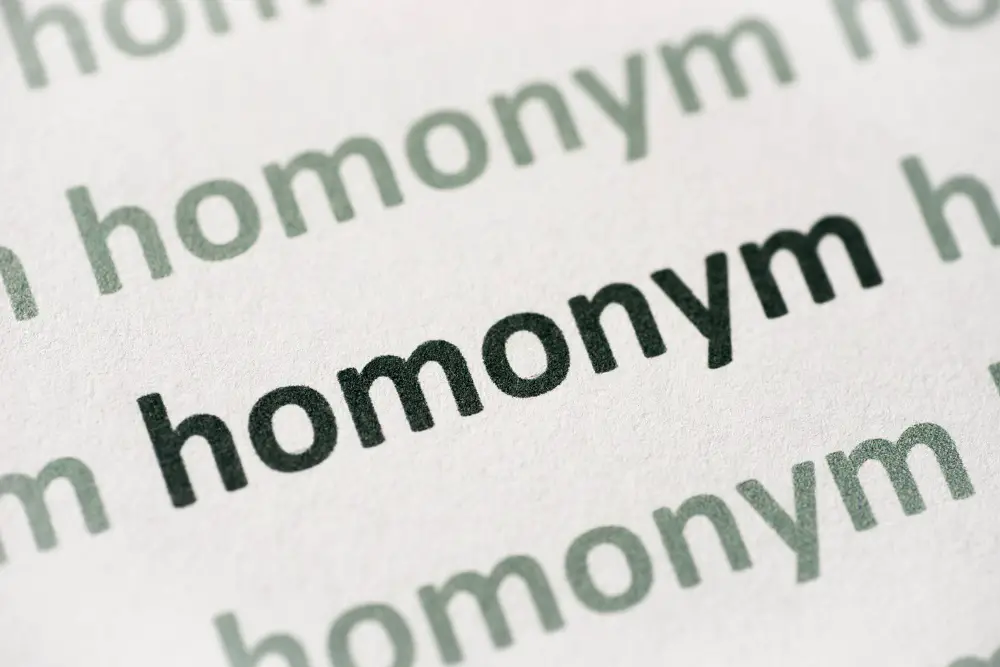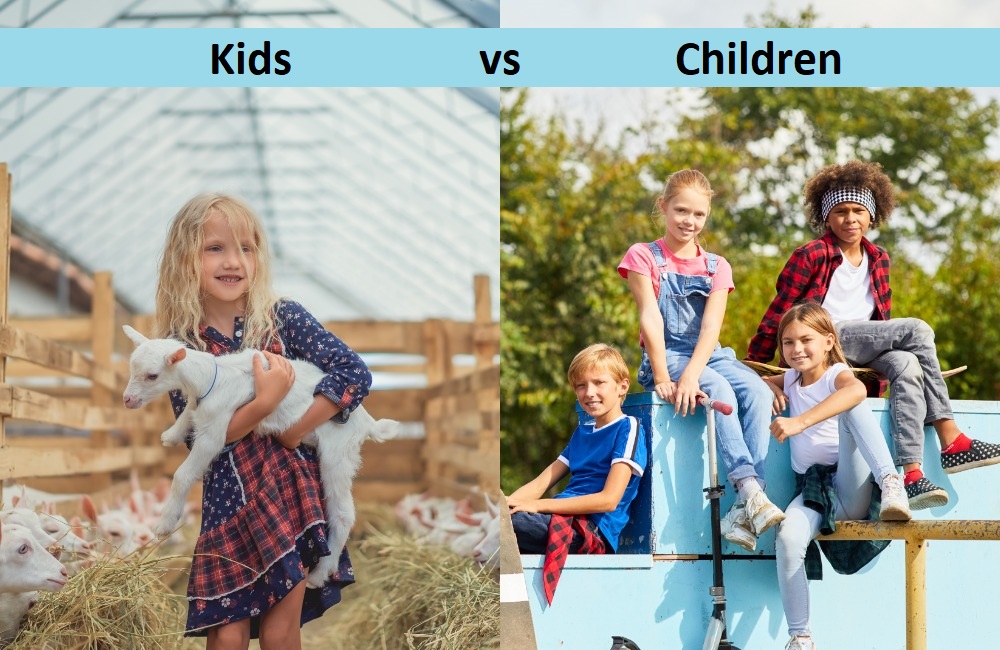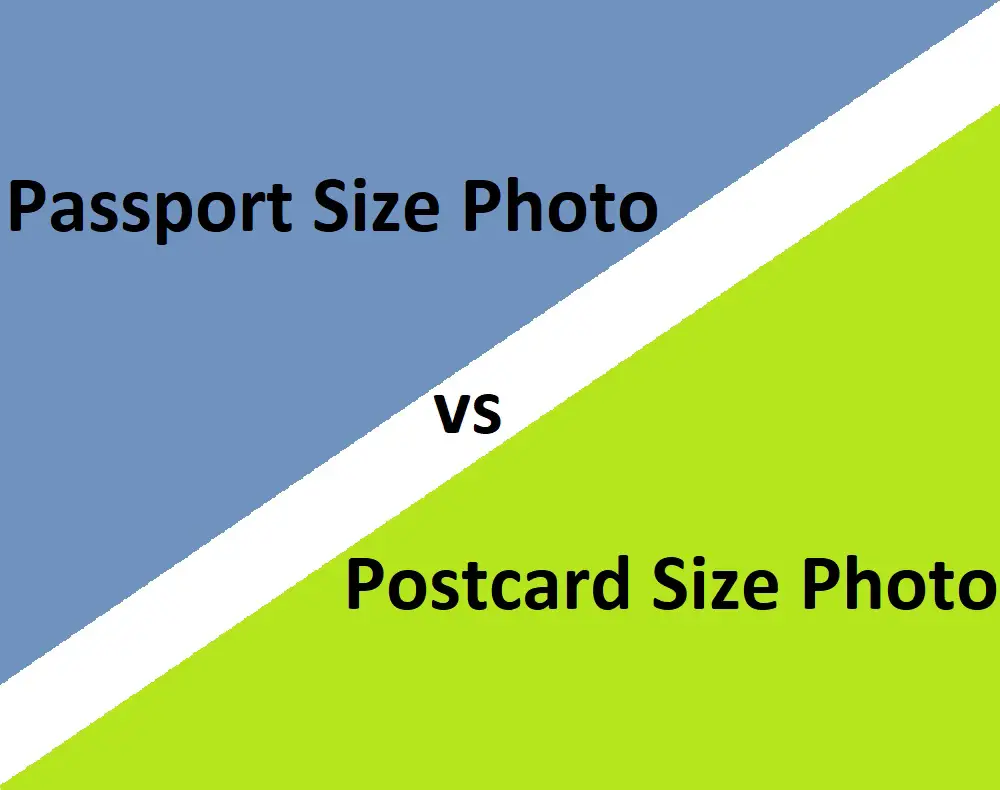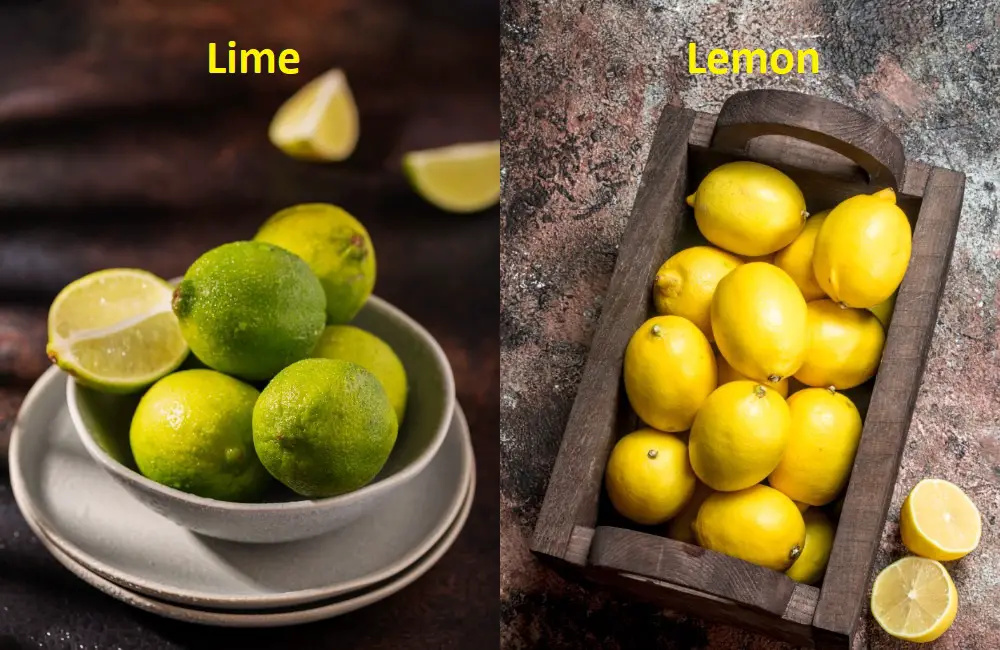Difference Between Accident and Incident
Among all the things linguistics is, it’s certainly not forgiving. It can make you show up on a date with a dead frog instead of a red frock. And while it’s an accident on your part, it surely is a fun incident your partner will remember for a long, long time.
The difference between accident and incident is in their meaning, pronunciation, and of course, spelling. After all, words that sound similar rarely mean the same thing, no?
So, unless you want to hand out a flower bouquet to your special someone, consider getting accustomed to homophones and learning how to use them accurately!
That brings us to our today’s issue- homophones and two other fun topics in linguistics. Without further ado, let’s get started!
When to Use “Accident” Instead of “Incident”?

An enriched vocabulary sure helps with making fewer and fewer mistakes in your English-speaking journey. When that happens, you can take a roundabout and skip the problematic word entirely for the time being.
For example, if you’re confused between accident and incident for describing an undesirable event, you can pass it as a setback, or in simple terms, a total wrack-up! But for now, let’s stick to the issue of accidents and incidents!
An accident is an unforeseen event that puts you in risky circumstances or unpleasant situations. You can use this word to describe anything from stepping on somebody’s shoes to crashing your bike into a tree. There’s really no limit!
It denotes an occurrence that has taken place by mistake, neglect, or sheer luck. Let’s say, your opponent team has won the round by a fluke. While they’re out celebrating, you know that it had been an accident.
Fast forward a few months, and you can talk about the matter like ” remember that incident when…?”
An incident is simply an occasion without any regard for its benefit or disadvantage. The word incident refers to an event, a development- a past, present, or future circumstance that gives nothing away if not used with an adjective or a subsequent narration.
An incident can spill the beans of your unplanned consequences (accidents), describe any memory of your past, or construe any happening in a conversation.
It’s important that you use these words correctly. Even if you have the spell checker option enabled on your PC and phone, there’s a fat chance that it will point out a homophonic mistake! Because both spellings are correct!
You may also read the article Breath vs. Breathe.
What Are Homophones?
Homophones are two similar-sounding words with different spellings and meanings! They can even belong to different parts of speech. But, in the following case, they both are nouns!
To give you an idea, if you ask someone how old their sun is, don’t get offended when they reply with 4.6 billion years! Jokes apart, the word you’re looking for is the son- not exactly the star that our beloved planet is revolving around!
And there are plenty of fun examples we can dig up right away!
5 Most Common Examples of Homophones
Can’t find the chocolate pudding you left in the fridge last night? Any possible suspect? The younger sibling who’s nowhere to be seen, of course. You shoot them a message- “your trash” and wait for an apologetic reply.
But you got LOLs and laughing emojis instead. What went wrong?
You can put your foot in your mouth by saying something totally opposite of what you wanted to say. Worry not; we have rounded up five examples where people mistake one homophone for the other regularly!
- Your- a determiner or a possessive pronoun for something that belongs to you
You’re- a contracted form of “you are”
- Accept (verb)- allow, obtain, believe, welcome
Except (preposition)- without, exclude, omit
- Then (adverb, adjective)- afterward, next, after that
Than (preposition, conjunction)- in comparison to, apart from
- Weather (noun) – climate, atmosphere
Whether (conjunction)- in case, if
- Sell (verb)- trade, auction off, vend
Cell (noun)- unit, prison, hole
The Fun World of Homophones
Correctly using words can get you off the hook especially when the grammar Nazis are more merciless than ever. They are everywhere, and you can feel them breathing down your neck since you posted that Facebook status.
Messing up two very similar-sounding words is natural. For non-native English speakers, getting the hang of homophones is not a piece of cake. It can happen subconsciously, or simply because you are not aware of the two different meanings.
Jogging is good for your soul, but it sure wears down the sole when you’re at it all seven days a week! Besides, jogging has a healthy effect on your body and mind, affecting your wellness in a positive way!
A smartwatch can complement your workout attire and help you get compliments from the ladies! See what we did there?
Difference between Homonyms and Homophones

Homonyms are one step ahead of homophones and are broadly related to learning English vocabulary fast. It’s a pair of words with identical spelling and pronunciation. But in real life, they have separate meanings altogether!
You can book a hotel room and read a book in the lobby. Address an older person Sir and share your address for keeping in touch. You can be a bright student without lighting up like a bright lamp. On a similar note, you can win a fair round of Whack-A-Mole at the fair, and have a fair complexion at the same time!
Since homonyms have the same spelling, if you’re not familiar with the second application, the whole conversation might seem absurd to you. After all, how does anyone play cricket with a bat? What does it do- fly around? Crazy!
The main difference between homophones and homonyms is that all homonyms are homophones, but it doesn’t always go the other way around.
A pair of homophones (right/write) are pronounced the same while having different spellings and meanings. On the other hand, homonyms (bark/bark) not only sound the same but also have the same spelling!
Okay, but…What Are Homographs?
Homographs are a lot like homonyms. They are spelled the same but don’t necessarily have an identical pronunciation.
Honestly, it’s quite hard for non-native English speakers to differentiate between homographs and homonyms. Because, one- the stresses and accents don’t come to them naturally, and two- the phonological structure of English is not the easiest there is.
For example, tear (cry), and tear (rip) have the same spelling. But they have different meanings and pronunciations. This is why they are not homonyms. Bear (animal) and bear (endure) are also excellent examples of homographs!
Some Articles You Will Find Interesting:
- Difference Between Preaching and Teaching
- What Are The Differences Between Misconception and Misperception?
- Difference Between Lime and Lemon
- Difference Between Cause and Because
A Comprehensive Table for Non-Native English Speakers
Getting used to the concept of a homophone, homonym, and homograph will take time and practice. Here’s an easy comparison table to remind you what we’ve learned so far!
| Parameters of Comparison | Spelling | Meaning | Pronunciation | Example |
| Homophone | It may or may not have the same spelling | Different | Same |
Mail- message Male- gender Rose- flower Rose- past of rising |
| Homonym | Same | Different | Same |
Book- publication Book- reserve |
| Homograph | Same | Different | Different |
Train- vehicle Train- teach |
Final Words
From discussing the differences between accident and incident, we have unraveled the mysterious world of English phonology. And that is all about homophones, homonyms, and homographs for today!
We hope that you have a clear perception of these 3 very interesting linguistics topics. As for now, think twice before showing up at her doorstep with an “18-carrot” ring. Happy learning!






